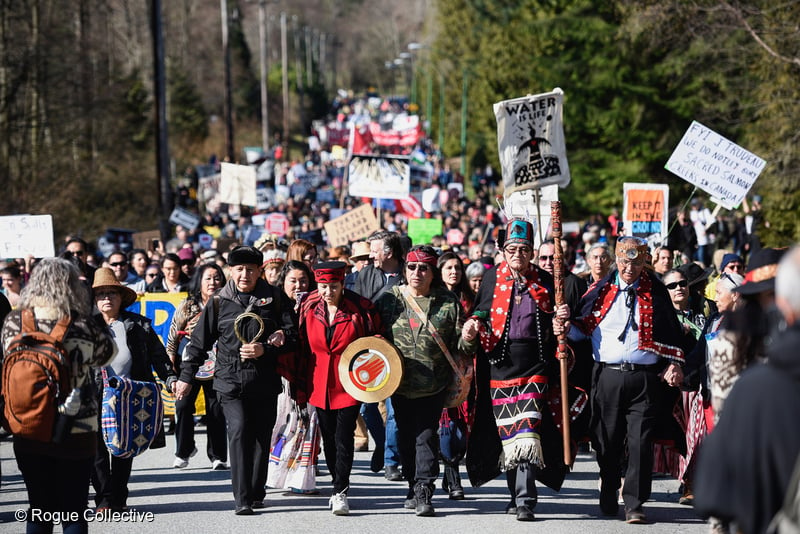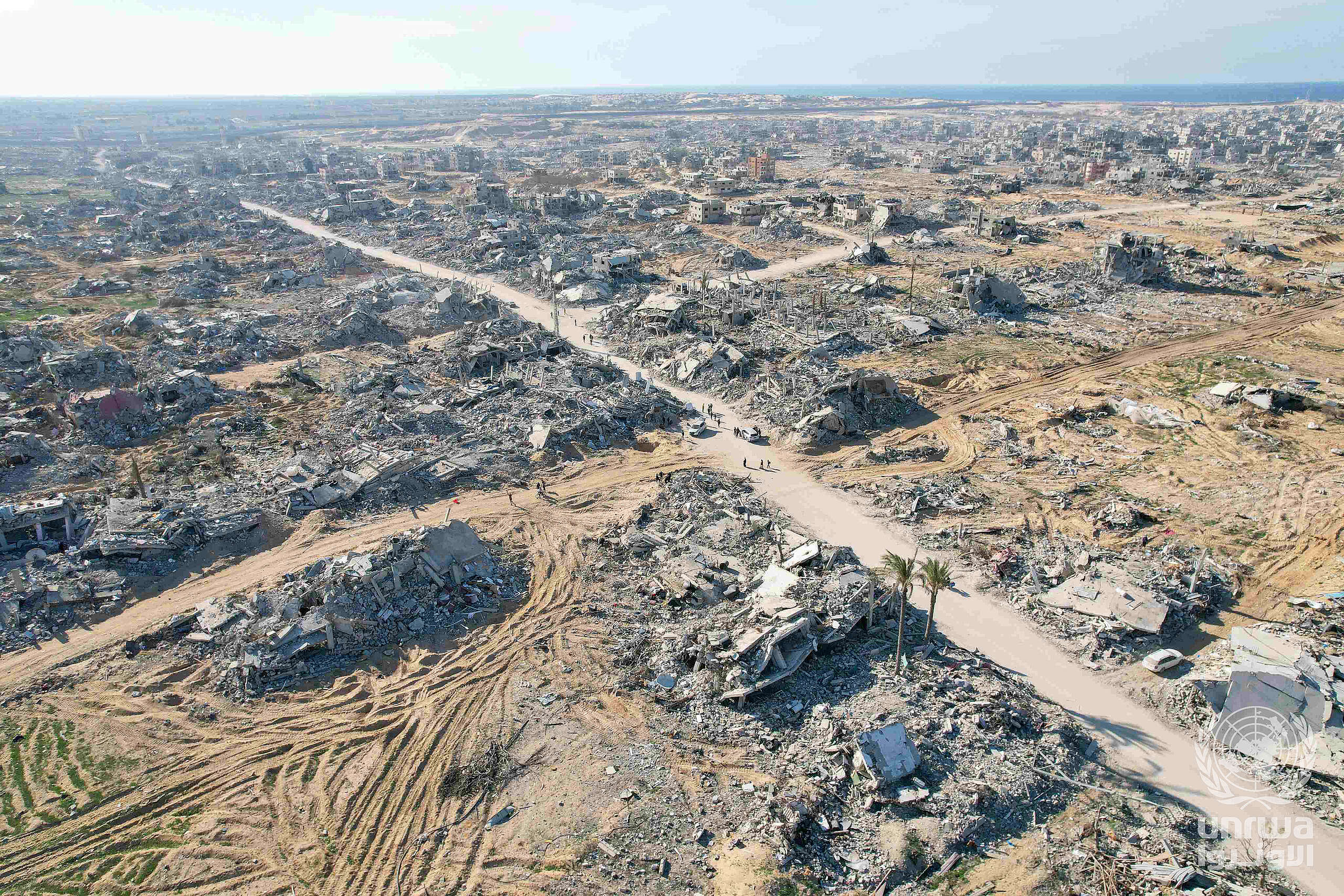The United Nations Conference on Biological Diversity is approaching. A sixth mass extinction of life on Earth is underway, driven by our own actions. It is important to understand the scale of the problem, the struggles on the ground and the political action needed.
The Canadian government aims to protect 30% of land and marine areas by 2030, but currently protects only 13.8% of marine areas and 12.5% of terrestrial environments (missing its international target of 17% by 2020). In 2018, the Commissioner of the Environment and Sustainable Development reported an alarming decline in biodiversity, as well as numerous delays in meeting the requirements of the Species at Risk Act, particularly for the protection of woodland caribou. In Canada, the caribou has become a symbol of the biodiversity crisis and rampant industrial disturbance, with a 30% population decline in the past 20 years alone.
Quebec is a flagrant example
Provinces continue to delay the necessary actions to protect biodiversity. Quebec is a flagrant example. The government struggles to consult with impacted First Nations, continues to issue logging permits in areas to be protected, proposes sending wild caribou to the zoo and commissions endless reports without action.
It is obvious that Pierre Dufour, as Minister of Forestry, Wildlife and Parks, is failing his mandate to protect wildlife. His inaction has only benefited the logging companies that are destroying the essential habitat of caribou and many other species. He even points the finger at Indigenous Peoples for the decline of caribou, when industrial habitat disturbance by logging companies is at the heart of the problem.
The federal government has given the Quebec government until April 20, 2022 to demonstrate their efforts to recover and protect the caribou. Instead of a serious plan, so far we have seen the Minister make excuses and blame Indigenous Peoples without any basis.
Indigenous knowledge and solutions ignored
When it comes to caribou, the story of the Anishnabe First Nation of Lac Simon can teach us a lot. In northwestern Quebec, in the heart of the boreal forest, the small and isolated Val d’Or caribou herd is in imminent danger of extinction. Today, the herd has only 7 remaining members. Fortunately, there is a community that is doing everything possible to save them. The community of Lac Simon are working to minimize industrial disturbance on the land, encouraging forest regeneration, and funding field studies. Their recovery plan for the Val d’Or caribou has been submitted to Minister Dufour, but seems to be gathering dust on his desk.
In contrast, in British Columbia, the Klinse-Za caribou herd is thriving thanks to the conservation efforts of the leadership of West Moberly First Nation and Saulteau First Nation. A great example of what is achievable for caribou and nature when Indigenous knowledge and rights are respected.
According to the Chief of Lac Simon First Nation, Adrienne Jerome, “For thousands of years, the Algonquins have been able to survive because of the caribou. Today, we are indebted to this animal and there is no question of letting it disappear.” The extreme challenges faced by this Nation, both in saving the caribou and in preserving their culture, is a microcosm of a larger global struggle. The impact on health and lifestyle is already being felt within the community.
For the past few years, Lac Simon First Nations and Greenpeace Canada have been working together to ensure that the caribou crisis does not escape the attention of governments or the public. We have been documenting the saga, putting up petitions, peacefully demonstrating and building political pressure. Our hope is that the story of Lac Simon and the Val d’Or caribou serve as an example of the struggle ahead and the results that are possible through respect and reconciliation.
According to Olivier Kolmel, Nature and Food Campaigner, Greenpeace Canada:
“Not only is the Quebec government failing to respond to the caribou crisis, but the Minister responsible for the file has started blaming Indigenous Peoples. In Greenpeace’s view, Minister Dufour has lost all moral authority and credibility and must resign. His approach only divides people, incites racism and distracts from his total failure as Minister. Enough is enough.”
For a Lac Simon First Nation or a Greenpeace spokesperson, please contact:
Dina Ni, Communications Officer, Greenpeace Canada, [email protected], +1 416 820-2148
Additional information :



